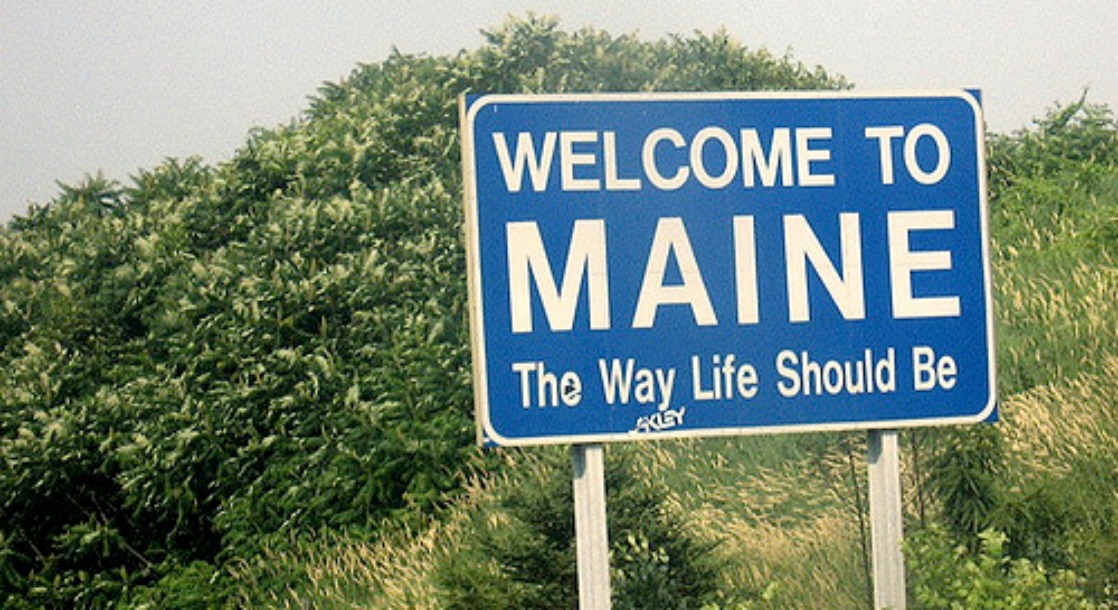Almost a year after residents voted to legalize adult use recreational marijuana, a special legislative commission in Maine’s state house came to a preliminary agreement about a number of regulations for the impending industry, but also confirmed that the continuing process will almost certainly cause delays to the state’s planned retail rollout date of February 2018.
According to the Portland Press Herald, the special commission has purposely abstained from making recommendations about certain aspects of legalization, and will not even hold a full legislative vote on their limited regulatory mock-up until October. With cultivation, distribution and retail licenses not being considered until regulations are fully set, state officials are not making any promises of a speedy set-up.
“We want to get marijuana out of the black market and we want to do that as quickly as possible, but we need to do it right,” Sen. Roger Katz, co-chairman of the legislative cannabis commission, said. “It is such a big subject and there was so much to consider. As it is, we’re remaining silent on some subjects, leaving others to consider them on other days, because we couldn’t possibly do it all.”
Katz, his co-chair Rep. Teresa Pierce of Falmouth and the rest of the commission came to an agreement on a combined recreational sales tax of 20%, with 5% heading to local municipalities and the remainder going to state coffers. In addition to the tax rates, the commission put a limit on household home grows at 12 plants and decided against making Maine a continental trailblazer in marijuana social clubs.
But for all the decisions Pierce, Katz and their peers settled on, there were a number of regulatory aspects the group specifically declined to comment on, including any attempt to reconcile the differences between the state’s medical and recreational programs or set rules for marijuana use for those receiving state benefits.
To the state’s cannabis activists, who feel they already passed a clear set of regulations in the legalization framework as it was written and voted for, the continued delays are more than frustrating.
“The law as written and adopted by voters would have gotten the legal marketplace up and running as soon as possible,” said Paul McCarrier, president of Legalize Maine. “We could have a program ready to issue licenses now, but the committee thought it knew better than the voters. It has made one change after another, and each change pushes the timeline back … and keeps the black market going.”
To make matters worse, a number of Maine legislators and Governor Paul LePage have still not come around to legalization, despite the will of their constituents. By bringing regulations back to legislative committee, Maine is simply opening itself up for even more delays. If you ask Sen. Katz, though, it’s just another opportunity to teach his fellow legislators about the reality of legal weed.
“We have an education job ahead of us,” Katz said. “A lot of people are not happy the law passed. To those people, I would say there are only two groups that want to see a regulated market set up – people who like marijuana and people who don’t like marijuana. Because really, we all have an interest in making the product safe, keeping it out of the hands of children, taxing it appropriately and keeping sales out of the black market.”
Despite legalization laws on the books Massachusetts, Washington D.C., and Maine, there have still been zero recreational marijuana sales to date on America’s East Coast.











